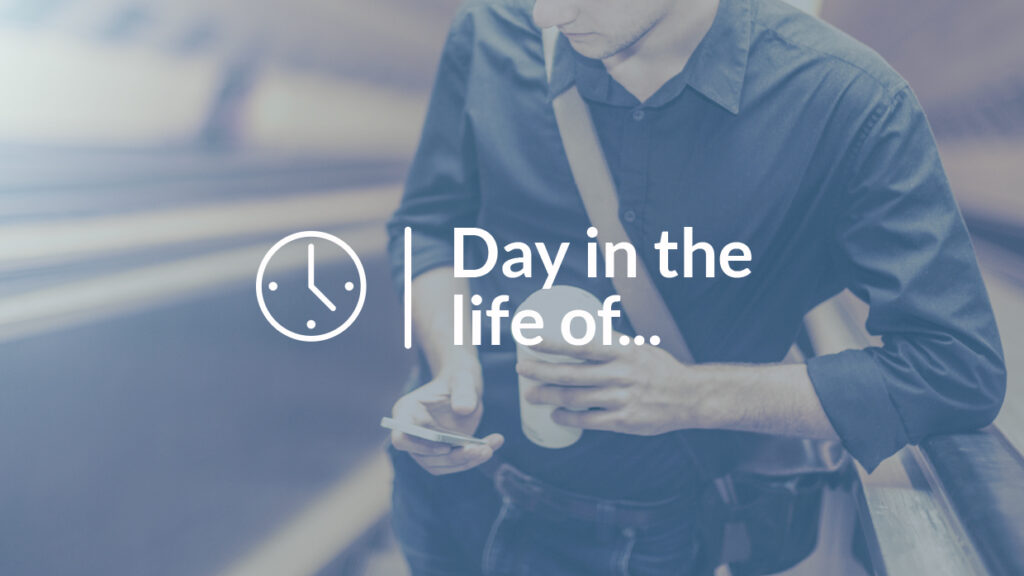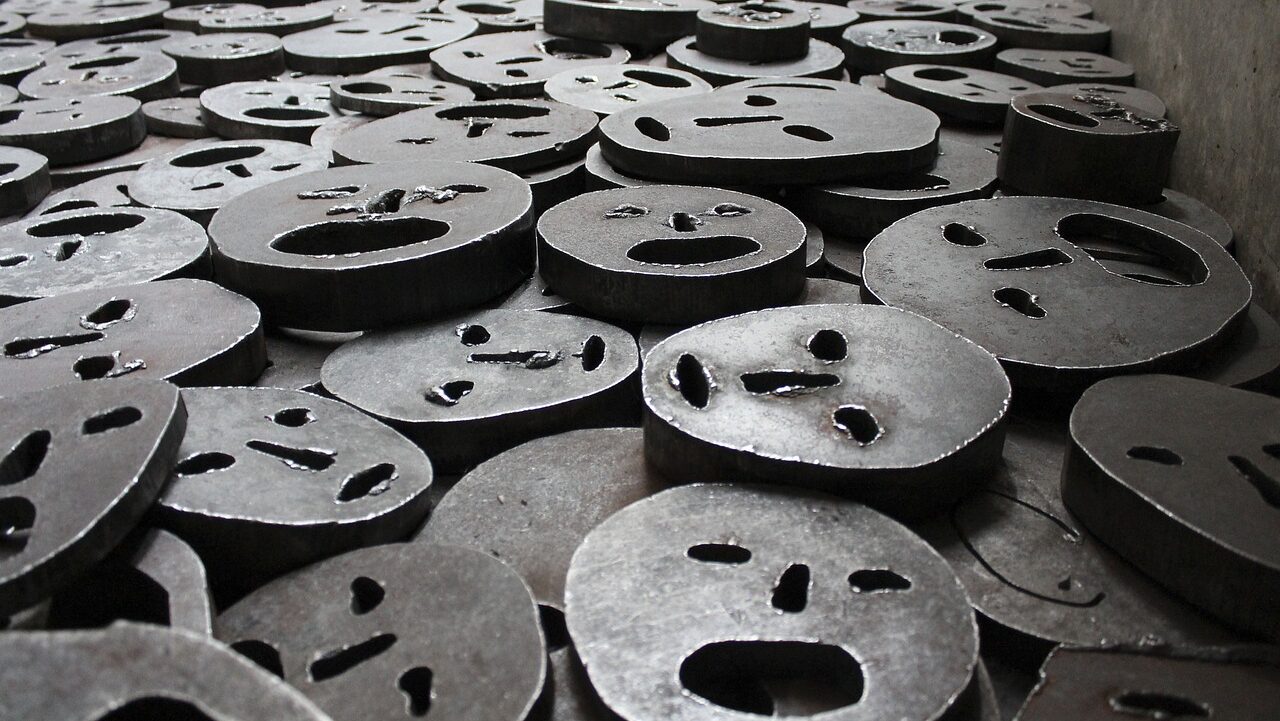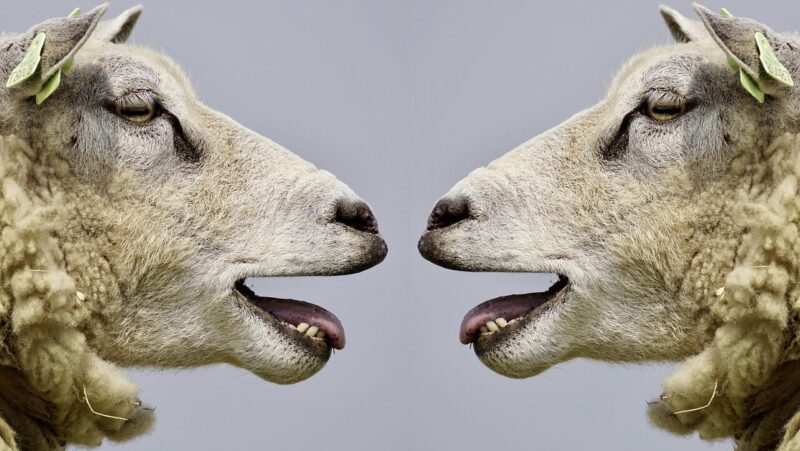We're always curious to hear how our members and contributors tackle the challenges that the ever-changing world of L&D throws at them. We've got a wealth of experience and knowledge across the site, and what better way to showcase the diversity of our community than to get them to walk us through an average day?
Want to tell us about your way of working? Email us at [email protected], or let us know in the comments below.
Jonathan Marshall is Head of Learning for the UK’s Diplomatic Academy, based in the Foreign and Commonwealth Office. He has been an L&D professional for 12 years and recently wrote a popular article for TrainingZone on the topic of learning groups.
So, Jonathan, talk us through your day...
06:45 - Invigorating walk along Brighton seafront. Train to London Victoria, Southern Rail permitting. On the way I rewrite my “to do” lists, and process emails from Thursday and Friday. I work part-time, so this is when I start to catch up. Send a few tweets.
08:45 - Walk across St James’s Park. The scampering squirrels, lordly pelicans, squabbling Canada geese and majestic London plane trees create a perfect opportunity for some Attention Restoration therapy.
09:15 - Quick phone call with my job-share partner, Emma. We never have enough time to coordinate, plot, argue and prioritise but we do overlap in London on Tuesdays. I find an unused syndicate room with a phone, away from the busy open plan office, and we motor through our agenda.
10:00 - Meeting with one of our Faculties in L&D consultant mode. The Diplomatic Academy is very federal; the central team supports twelve major Faculties – such as Languages, Trade Policy, Economics & Prosperity - who bring enormous enthusiasm and commitment (mostly) to the challenge of providing learning for their 14,000 colleagues globally.
They need L&D advice. They don’t always realise that they need L&D advice. “Most diplomacy is internal” should be an axiom, like “all politics is local”.
They need L&D advice. They don’t always realise that they need L&D advice.
11:00 - Walk over to Costa Coffee with our Dutch learning expert secondee, André. We find seats overlooking Durbar Court, part of the old India Office - a stunning atrium-courtyard of marble and balustrades. This is probably the most stately Costa Coffee in the country, unless they’ve got one in Balmoral.
We discuss negotiating and influencing. André is in charge of our new negotiating initiative. The idea is to put diplomats through a year-long programme of formal and informal learning on negotiating, with extended exposure to senior mentors and real-life negotiations. I dubbed this “smart shadowing” when I wrote the original proposal. It’s meant to be a step-change on single courses. We have dozens of live case studies in negotiating at any given time, and it seems crazy not to use them.

12:30 - The food vs learning dilemma. I realise this is bad planning, but it keeps happening that I need lunch at lunchtime. We have a good selection of lunchtime talks and masterclasses, but I am distracted by the thought of a good selection of sandwiches, salads and soups. I can combine the two if I’m quick enough.
13:30 - Workshop with the Open University and our “Understanding the UK” Faculty to make progress on the design of a new online course - this will be a six-week course on the international aspects of devolution. For instance, we see a stream of Ministerial and other visitors from Scotland, Wales and Northern Ireland at our Embassies overseas, and our staff need to understand how to support them.
A blizzard of coloured post-its covers the flipcharts and we’ve only covered 70% of the ground – but it’s a joy working with committed colleagues. I also love working with the OU professionals, who won’t let us get away with sloppy design: “yes, but what should they be able to do at the end of this unit?” - I’ve come to dread that question.
We’ve only covered 70% of the ground – but it’s a joy working with committed colleagues.
16:00 - Mid-afternoon slump. Tea. Investigate the “usual place” in the team room for chocolate. Find ostrich biltong, Dutch liquorice and a pack of biscuits that may or may not have been left open overnight (the building has mice). No chocolate.
16:15 - Chat with an L&D Champion who’s passing through London. We always make time for our network of volunteers, present in almost all Embassies around the world, who play a massive role in bringing learning to life in the workplace. We go and sit in our “library”, which is a stairwell with six chairs and three bookcases, and occasionally a bucket (leaky skylight). I always pick up ideas from these chats. An example: the L&D Champion who organises regular “TED Lunches” for colleagues, combining a showing of a TED Talk with a list of questions for discussion afterwards, and sandwiches. They’re very popular.
17:00 - Write an intranet blog with the aim of “crowdsourcing” some material on diplomatic etiquette and practice. We need the unwritten stuff, the stuff they never tell you. On my first posting I remember assuming that “informal” meant chinos (it meant lounge suit) and an Irish colleague assuming that a “formal” dinner meant black tie (it meant lounge suit). This stuff is gold dust for new diplomats whose preferred learning technique, for some reason, is not “public embarrassment”.
18:30 - Train home. Sandwich from the wonderful International Cheese Centre at Victoria Station. Scribble a few thoughts about a facilitation skills workshop I’m running next week, before I, before I.. wake with a jolt at Haywards Heath.
21:00 - Skype call with my colleague Adam, who lives and works in Canberra, a mere 11 hours ahead in the winter. I’m his line manager. Not sure he experiences the “best me” on a Monday evening in January. But communication is everything, especially for remote workers, but it does apply to all of us..
Now, tell us...
What are your main passions within L&D?
Hunting around for the evidence on what works, then designing things that might work, then making them happen, and then seeing whether they worked. Which is all a team effort, although the teams might differ as you go along.
What part of the job do you enjoy the most?
Overall, the freedom to innovate. Specifically, the moment when you get some hard statistics – from website hits, or focus group feedback, or survey data – that shows you’ve actually made an impact on something. And travel.
What one thing would you improve?
The fact that all the people I enjoy working with are scattered over Departments, organisations, timezones and continents, and communicate through a kaleidoscope of platforms such as Twitter, the intranet, WhatsApp, email, Facebook and so on. Just for once it would be lovely to be all in the same place, or at least using the same app.










